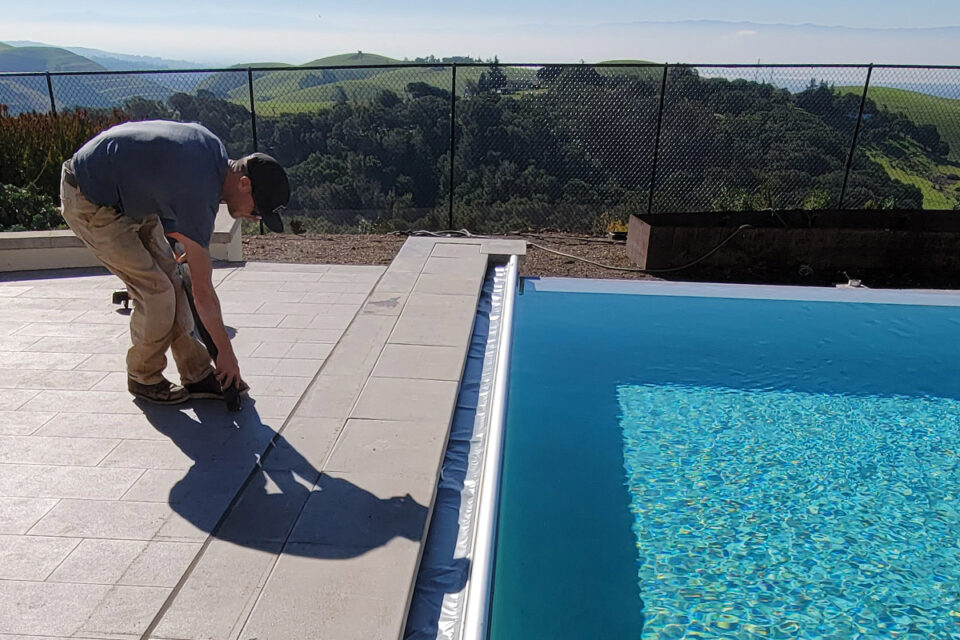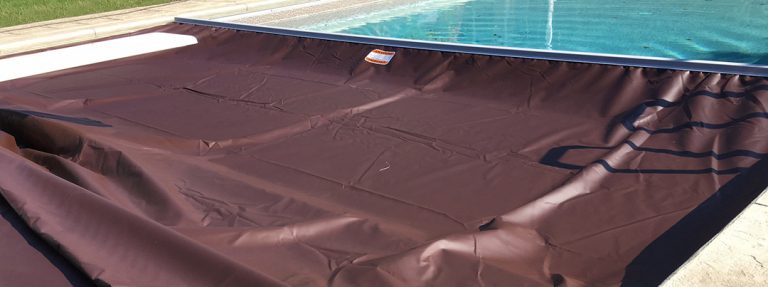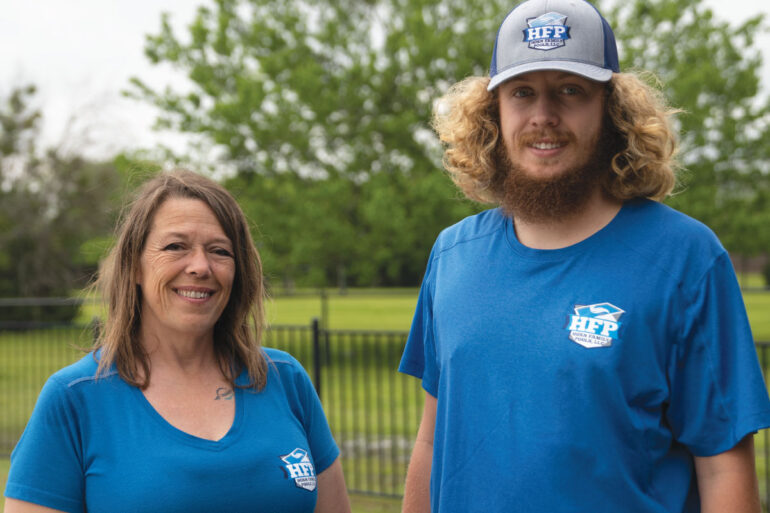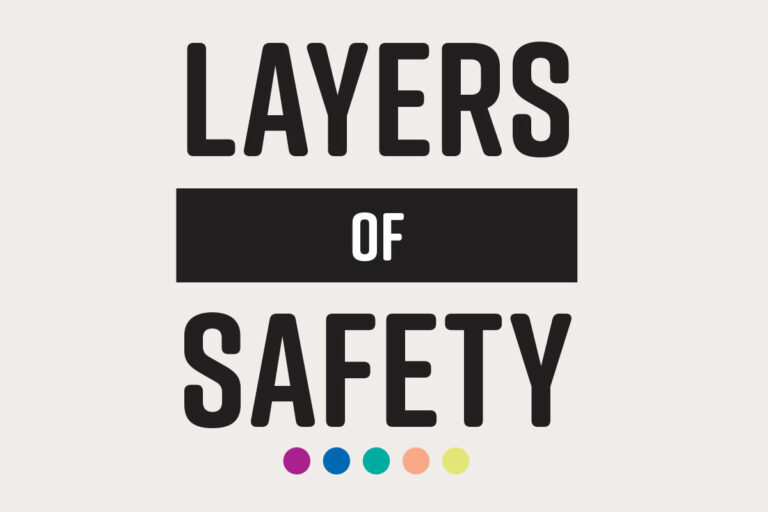Who’re You Gonna Call?

Automatic pool cover specialists fill the repair gap
With proper maintenance, automatic pool cover systems can last 15 or more years, but regular upkeep can’t always protect against the unexpected. It’s these unpredictable events — storms, wildfires, nesting rodents and other natural and manmade havoc — that create the need for immediate action and repair to keep pools safe and usable.
But when problems arise, whether they’re routine or sudden, who should you call?
For some pool owners, their local pool service company is on speed dial, so they can get an expert’s opinion on heaters, filters and pool chemistry quickly. But these traditional service companies often lack technicians with the expertise required to fix problems with automatic pool covers.
Filling this service gap, however, are automatic pool cover service specialists, “a niche that is uniquely distinct” due to the level of skill, training and experience they offer, says Michael Shebek, president and owner of Automatic Pool Covers in Westfield, Indiana, one of the largest automatic pool cover companies by volume in the U.S.
These are typically professional installation and service companies that provide repairs in a specific market, such as a state or a 75-to-90-mile radius, and have an abundance of stock, so they can take care of a job no matter what, Shebek says. Some are affiliated with one manufacturer, while others work with multiple systems in the industry.

Aside from a Google search, some homeowners will reach out to their pool builder or call the manufacturer directly for a recommendation, says Jon Damaska, director of sales for specialty products at Fluidra, the parent company of Cover-Pools.
“We will refer them to a good choice in their area.” But he notes, “The better installation and repair companies will have marketed to all the pools with covers in their territory, so when repairs are needed, customers will know who to call.”
Homeowners’ confidence in these experts is well-placed. The technicians have undergone comprehensive training from the get-go and receive updates as cover technology advances. They’re proficient in both mechanical and electrical systems.
At Cover-Pools, technicians can attend training schools every year; the company offered sessions for two weeks this past November at its factory in Salt Lake City. Other manufacturers, such as Automatic Pool Covers, provide similar training opportunities.
Gabriel Ferris, general manager of Pacific Pool Covers, an independent pool cover servicer in San Jose, California, takes advantage of these training opportunities for himself and his team. Last fall, he and an office manager attended the Cover-Pools training workshop in Utah.
“It doesn’t matter if you’re in the office or what job you have with our company, it’s good to be familiar with the parts and the processes that are involved,” he says. And this coming February, he and several of his techs will again travel to Utah for a Cover-Pools refresher and a convention put on by Mizu, Inc., distributor of several pool cover brands.
Pool Covers, Inc., the largest independent pool cover manufacturer in California, takes a different approach.
“We train on our own model of automatic and manual pool covers, and as the techs become more skilled, we cross-train them on our competitors’ models,” says Cheryl Maclennan, human resources manager for the employee-owned business in Fairfield, California. “During the winter, when it rains and they’re working in-house, we set up all models and we train on them.”
Acquiring that expertise also takes a lot of field experience.
“It’s going out and sitting in the passenger seat [with a lead tech] and getting hands-on … experiencing jobs and resolving problems and building up that level of knowledge over a timeframe,” Shebek says.
Maclennan recently hired seven technicians and sent them out with senior techs to teach them the ropes. “For some people, it takes 3-6 months, for others, it’s 9-12 months before we can send them out on their own,” she says. Then the employees often stay on: “Our senior techs have 15, 20 or 25 years of experience.”
While it’s unlikely that pool cover repair companies will turn to offering pool service, the same holds true in reverse. During the recession of 2007-08 and the COVID-19 pandemic, when everyone was scrambling for business, some pool service companies attempted to enter the cover repair market and “get a piece of the pie,” Maclennan says. However, “It wasn’t as easy as it looked. They soon gave up, and now they won’t touch it with a 10-foot pole.”
Ferris offers a key reminder on the subject: Automatic pool covers are safety covers first, and if they’re in disrepair or the vinyl is badly repaired, they’re no longer safe. For this reason — and many others — it’s best for homeowners to leave pool cover repairs to the experts.






